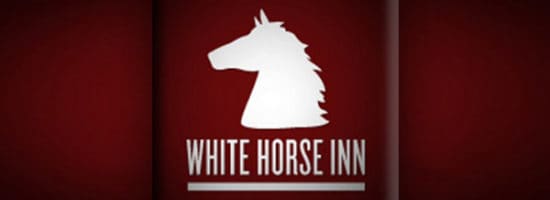Podcast: Play in new window | Download
Subscribe: RSS

White Horse Inn: The Radical Reformation
On this program, the hosts continue their discussion which began last week on the influence of the Radical Reformation. How did the theology of the Anabaptist and Pietist movements end up influencing so many forms of Protestantism, both here in America and around the world? And more specifically, how did these views shape the founders of the Enlightenment and help create what we know today as Protestant Liberalism? Join us on this edition of White Horse Inn.
 Host Quote:
Host Quote:
“We are continuing our discussion of the impact of the other reformation we hardly ever talk about, the Radical Reformation, on liberal Protestantism. Radicalism didn’t come from the Reformation. It’s often called the ‘leftwing reformation’ but it actually came from the late Middle Ages. A movement that came to be known as radical Anabaptism was millennial and utopian, expecting a radical age of the Spirit that would wash away all history and tradition and all external authority.
“This radical impulse has been part of Protestantism down to the present day. And if you look at Protestant Liberalism today, it looks very similar to this radical Anabaptist movement, as do many evangelical movements. And so, in a really profound way, even though evangelicals and liberals are at each other’s throats, they are more engaged in a sibling rivalry than they are successors of Luther and Calvin. In this program, we want to look at the ongoing influence of this radical element in Protestantism that is totally different from the 16th century Reformation led by Martin Luther and other reformers.” – Michael Horton
Term to Learn:
“Liberalism”
In the sphere of religion, in particular, the present time is a time of conflict; the great redemptive religion which has always been known as Christianity is battling against a totally diverse type of religious belief, which is only the more destructive of the Christian faith because it makes use of traditional Christian terminology. This modern non-redemptive religion is called “liberalism.”
This movement is so various in its manifestations that one may almost despair of finding any common name which will apply to all its forms. But manifold as are the forms in which the movement appears, the root of the movement is one; the many varieties of modern liberal religion are rooted in naturalism—that is, in the denial of any entrance of the creative power of God (as distinguished from the ordinary course of nature) in connection with the origin of Christianity. (Adapted from J. Gresham Machen, Christianity & Liberalism)
(This podcast is by White Horse Inn. Discovered by Christian Podcast Central and our community — copyright is owned by the publisher, not Christian Podcast Central, and audio is streamed directly from their servers.)